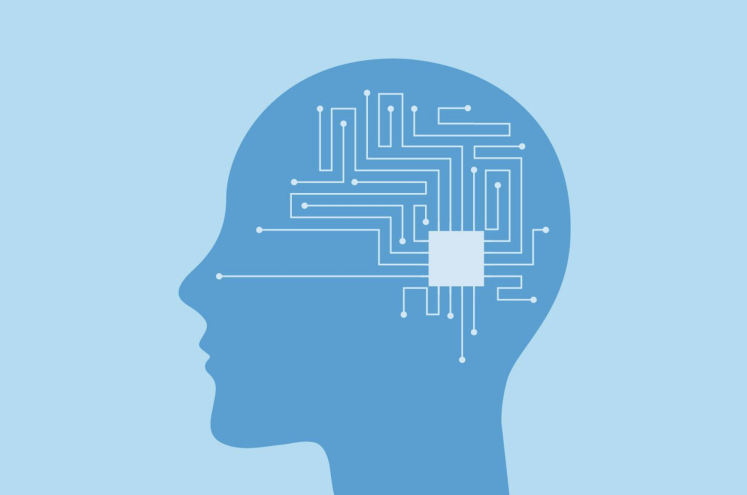Access the brief here.
Neurotechnology advances, particularly in the field of brain-computer interfaces, are poised to become a far more routine part of our lives, moving well beyond medical treatment. The widespread use of these technologies raises ethical, human rights, and security concerns.
Following an introduction to the science of neurotechnology, this brief guides readers through the latest developments in brain-computer interfaces, including collaborations between humans and AI. It then addresses key ethical and practical implications of the technology, namely privacy, consent, and human rights, human agency, security and inequality.
The rapid advancement in the technology highlights the need for the United Nations to provide a normative framework. Important considerations include:
- Ethical research and equitable development of neurotechnology;
- Global data protection standards;
- A forum for regulators, private sector actors, users, and scientists;
- A better understanding of global security risks.
Additional Resources
Impact, opportunities and challenges of neurotechnology with regard to the promotion and protection of all human rights by UN Human Rights Council
Outcome document of the first meeting of the AHEG: first draft of a Recommendation on the Ethics of Neurotechnology by UNESCO
The risks and challenges of neurotechnologies for human rights by UNESCO
Neurotech Compass by GESDA - Geneva Science and Diplomacy Anticipator
Access the brief here.

